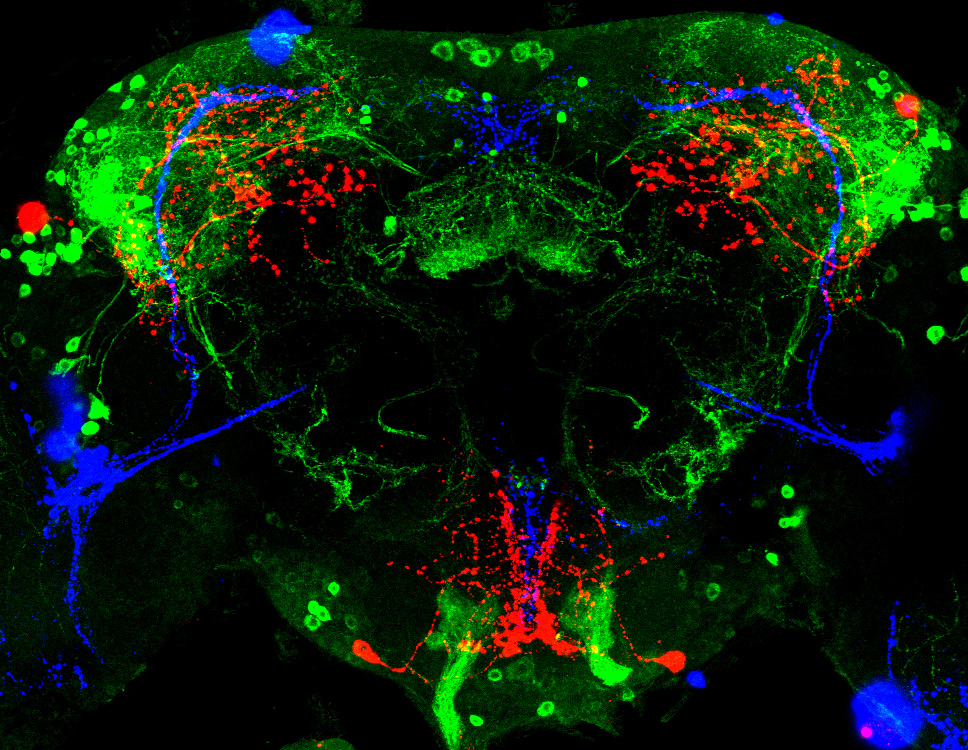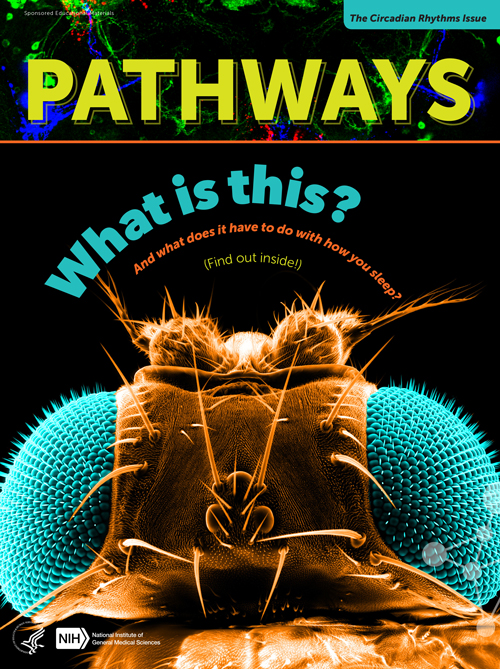Featured Topic: Circadian Rhythms
What Are Circadian Rhythms?
Circadian rhythms include some of the physical, mental, and behavioral changes an organism experiences over a 24-hour cycle. Almost all living things, from bacteria to humans, have circadian rhythms. They’re controlled by a biological clock, which is composed of proteins encoded by thousands of genes that switch on and off in a specific order in response to the daily cycle of day and night.
Read More >
Health Effects
Circadian rhythms can influence important body functions like hormone levels and temperature. The most noticeable effects of circadian rhythms are predictable sleep patterns. Traveling across several time zones or working the night shift can disrupt these sleep patterns and cause drowsiness, poor coordination, and difficulty staying focused.
Nobel Prize
In 2017, three NIGMS-supported researchers won the Nobel Prize for finding a gene in fruit flies that helps control circadian rhythms. Similar genes in the human body affect sleep patterns, sharpness of brain functions, and more.
Articles
NIGMS Educational Resources
Other Resources
- Brain Basics: Understanding Sleep. Information on sleep stages, the amount of sleep you need, tips for a good night’s rest, and other related details.
- What Are Circadian Rhythm Disorders? A resource describing the types of, symptoms of, and treatments for circadian rhythm disorders.
- How Sleep Works. Information on the sleep-wake cycle, sleep stages, and the importance of sleep.
- Sleep Disorders (MedlinePlus, NIH). Basic information, research, resources, and patient handouts on sleep disorders.
- STEMonstrations: Sleep Science (NASA). Video of Expedition 55/56 flight engineer Ricky Arnold discussing the crew sleeping quarters, the importance of sleep, and ways that the crew adapts for circadian rhythms aboard the space station.

